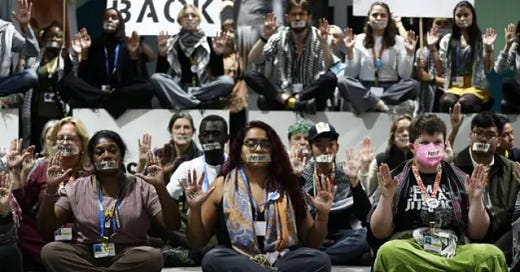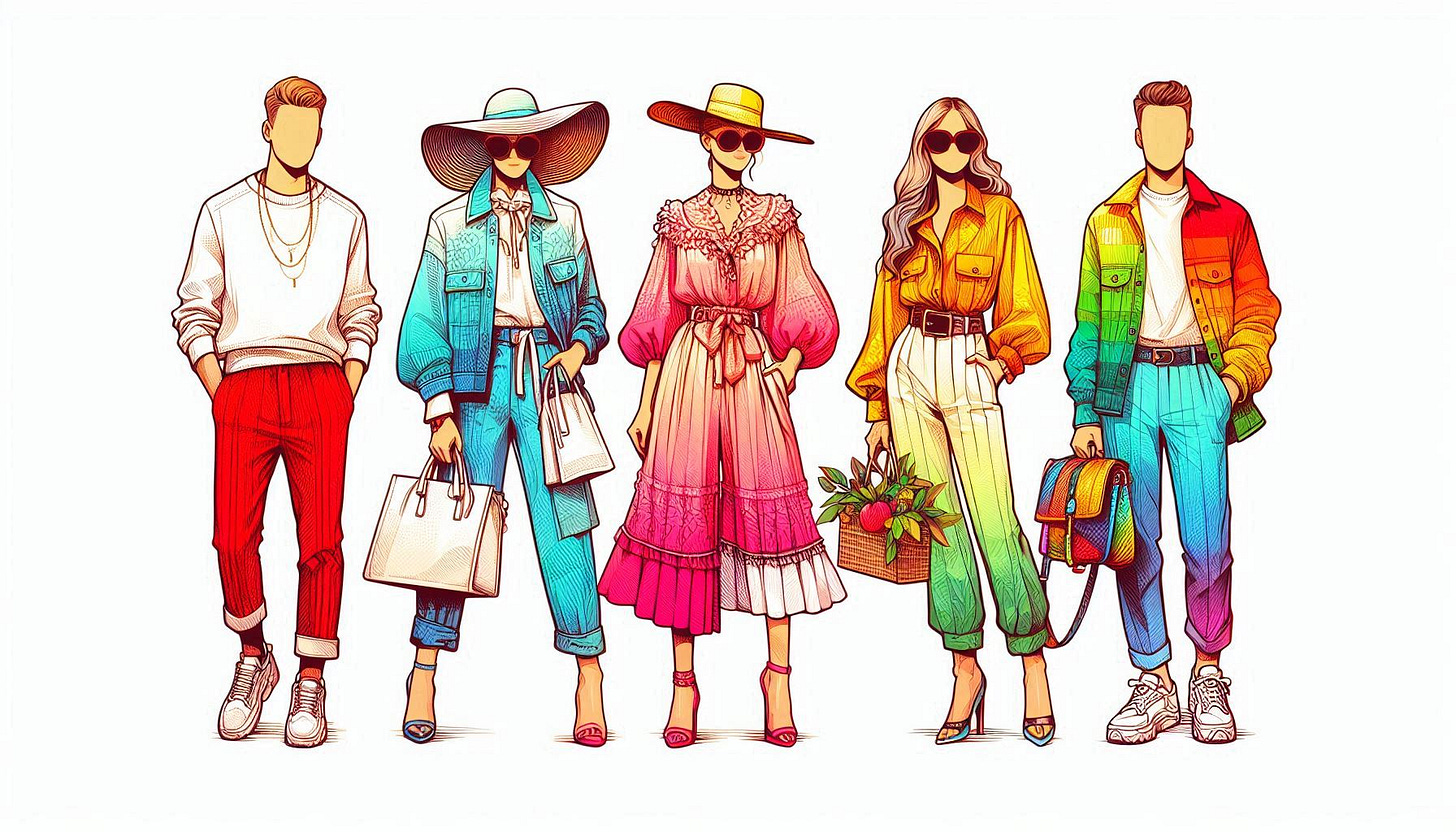COP29 and the problem with the mainstream narratives on Climate Change
To solve climate change, the narrative needs to move beyond finger-pointing and towards encouraging innovation and entrepreneurship
There has been a lot of news coverage about COP29 in recent days. A lot of it has been fairly negative, focusing on the level of cash payments to low-income countries and the slow pace of phasing out fossil fuels. They make easy headlines and feed into the socially acceptable narratives of elite failures and a broken system. The people are the heroes here, marching against environmental destruction and profiteering by big corporations and billionaires. It makes easy, satisfying readings. However, the real world is so much more complicated than the simple stories of heroes and villains. The more questions we ask, the more the narrative of people vs. elites falls down.
Take clothing as an example. We have often been told that the villains are companies like Zara or Shein. They created a system of fast fashion where workers in developing countries toil under harsh conditions for meagre income to make cheap clothes that are worn only once or twice before ending up at the landfill. If Zara or Shein didn’t exist, we wouldn’t have this problem. Except, this is not the case. Zara and Shein exist because people want cheap clothing, and if Zara and Shein didn’t exist, other companies would fill their place. I am not suggesting that Zara and Shein are virtuous actors here, but it’s simply hypocritical to suggest they are villains without examining our own actions. Consumers need to share the responsibility. The mainstream media rarely talks about this because what better way to alienate readers than suggesting they might be partially responsible for climate change?
The system of fast fashion is not completely evil either. It democratises self-expression and enables more people to afford nice clothes. Just a few generations ago, only the royals and aristocrats could wear fancy dresses and suits, while everyone else had to do with grey drab. Today, thanks to innovative business models and global trade, people from diverse income groups can afford nice clothes so they can impress someone on a date, look professional for a job interview, or just feel good about themselves.
The problem with fast fashion is the environmental impact, which comes from the fact that most textiles are made from petrochemicals, and many items are thrown away after just a few uses. Fortunately, solutions exist, but they won’t come from sit-in protests or throwing canned tomatoes at artwork. They are going to come from risk-seeking entrepreneurs who are finding novel business models and technologies to overcome the flaws of the existing system, in a way that supports prosperity rather than imposes austerity.
A few examples include:
Novel materials. Companies such as Lenzing produce nature-based fibres such as Tencel™. Start-ups such as Keel Labs and Spiber are creating textiles out of seaweed and fermentation to displace petrochemicals. We need to finance and support those companies to help them scale and drive down the cost of products so they become competitive with petrochemicals.
Second-hand marketplaces. Companies like Vinted, Depop, and Savers Value Village are creating a market for second-hand clothing, so items are no longer thrown away after just a few uses but can become part of a circular economy.
There are many other examples of innovation and entrepreneurship helping to address climate change, in fashion and many other industries. I am excited about their potential to contribute to a prosperous and sustainable future.
The problem with mainstream media’s coverage of climate change is that it’s often feel-good journalism, where we, the people, are the victims and the problem lies somewhere else. Instead, we are all in this together, and all of us, to varying extent, shoulder some responsibility for climate change. At the same time, all of us can play a part in addressing climate change. The only way we are going to solve climate change is by working together and innovating rather than pointing fingers.






